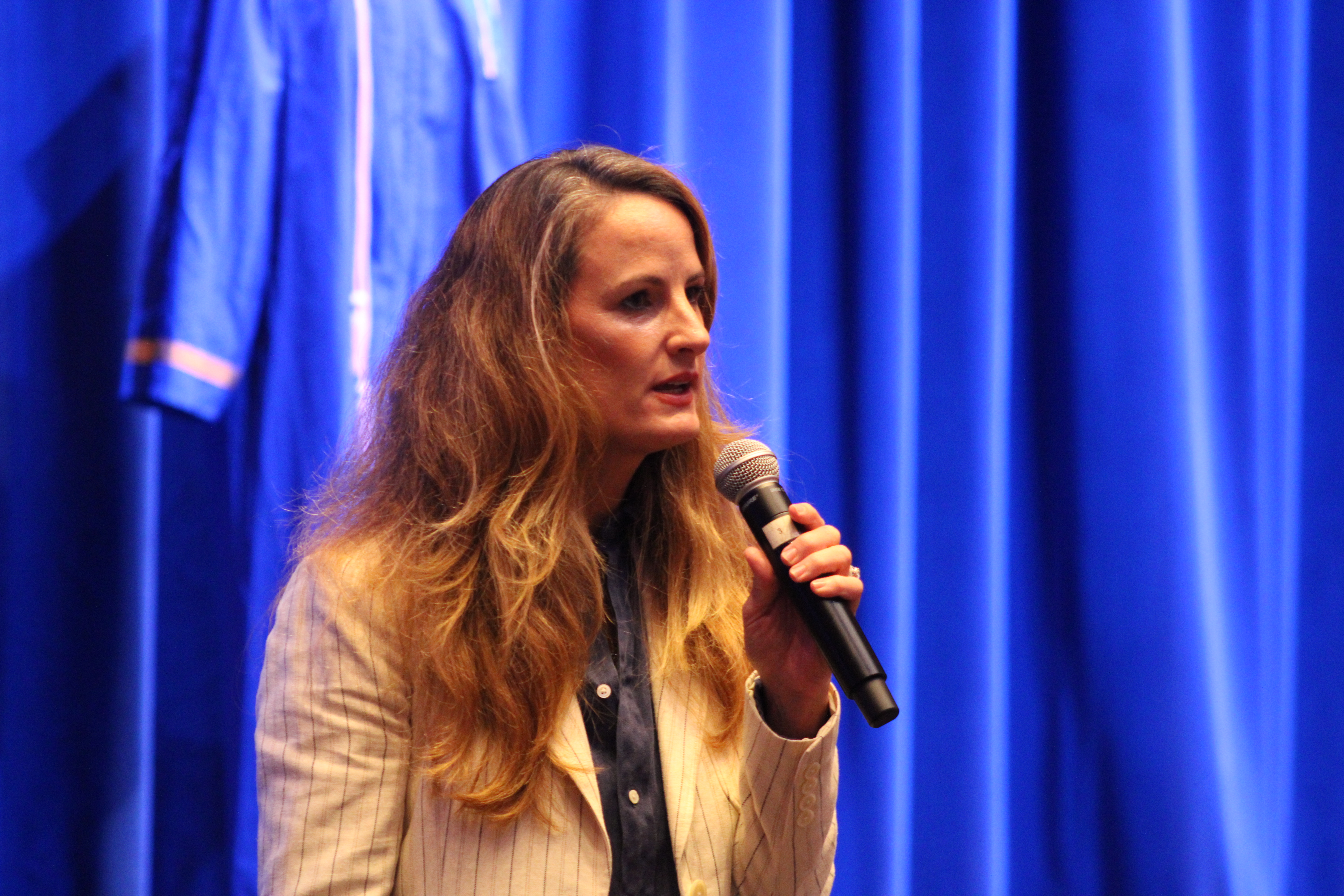Paul’s flat tax plan would benefit poor
Published 7:38 pm Friday, June 26, 2015
It’s pie in the sky, of course, but who doesn’t like pie? Sen. Rand Paul has a tasty recipe for tax reform that hits the spot in these speculative summer months. As Stephen Moore writes in Investor’s Business Daily, it could be the start of a very productive conversation.
“Overnight, Rand Paul changed the dynamics of the Republican presidential race when he released his ‘Fair and Flat’ tax plan a week ago,” Moore writes. “As he said when he unveiled the plan on video, this is the boldest rewrite of the income tax system in 100 years. Even Ronald Reagan — who dramatically improved the federal tax system — didn’t perform such a sweeping cleanup of the tax code.”
Trending
The plan would cut taxes and simplify them immensely — and would still be revenue-neutral.
Business taxes — which top out at 38 percent, the highest in the developed world — would be cut to a flat 14.5 percent. Personal income tax rates, which are all over the map, would be set at a flat 14.5 percent — for everyone.
“The 14.5 percent tax would apply to wages, salaries, capital gains, rents and dividend income,” Moore explains. “It eliminates the estate tax, telephone taxes, Internet taxes, gift taxes and all customs and duties.”
The effect would be immediate, he contends.
“This plan would take America from being one of the nations with the highest income tax rates in the world to having one of the lowest,” he writes. “It would suck capital and jobs from the rest of the world almost immediately to these shores. America would move from a nation offshoring jobs to one that would start in-sourcing millions of them. It gives U.S. workers a fair advantage.”
Poor and lower-middle income families would get a substantial tax break.
Trending
“The first $50,000 of income would be tax-free,” he explains. “Moreover, because this plan eliminates the payroll tax withheld from worker paychecks, the average worker with a $40,000 income would get a $3,000 raise in take-home pay. At a time of falling wages, that would be a big boost to middle-class financial security.”
So what’s the down side? For one, many on the left won’t like it because it’s not “progressive.” In this view, taxes should be a higher percentage for the wealthy, and lower for the poor. That’s where President Obama’s notion of “the rich should pay their fair share” comes from.
And lobbyists will hate it, because many of them will be out of work.
They won’t be on Capitol Hill arguing the industries they represent deserve special consideration in the tax code.
But what’s more fair than a flat tax, with an exemption for the poor?
“This plan is the essence of a fundamental principle of good and fair tax policy: broad base and low rates,” Moore contends. “The Tax Foundation says 2 million jobs would be added and the GDP would be 10 percent larger after a decade under this plan.”
The other GOP presidential candidates should be taking notes. Paul’s Fair and Flat Tax plan is a great idea.







